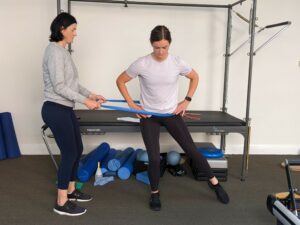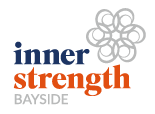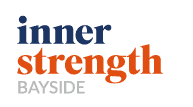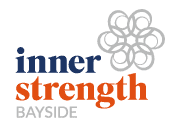Anterior hip & groin pain
Do you experience pain, discomfort or tightness at the front of the hip?
Does this pain refer into the groin or thigh?
….You are not alone!
Pain in this area is more common than you think and if left untreated it can lead to further aches or injury in other areas of the body. This includes low back pain, knee pain, or even calf, ankle, or foot pain.
There are a number of structures at the front of the hip (also known as the ‘anterior hip’ in physio terms) that can result in pain or a ‘pinch’ on certain movements. We often find individuals will report discomfort on activities such as walking, running, squatting, or in some cases core strengthening exercises.
Structures involved with anterior hip pain include but are not limited to:
- The quadriceps or thigh muscles
- The deep hip flexor muscles also known as iliopsoas
- The gluteal muscles which are important hip stabilisers
- The femoral nerve which passes through the front of the hip
- This is not to mention the hip joint itself and its associated capsule and ligaments which hold it together
It is important to recognise that stretching the “hip flexors” alone very rarely results in complete resolution of hip flexor tightness and often can aggravate the hip further!
Our job as a physiotherapist is to address two main things:
- What is the underlying cause or ‘dysfunction’ in the body that is causing the hip pain or tightness e.g. poor hip joint alignment or poor gluteal muscle firing
- Rehabilitate the correct muscles by either down-training muscle groups, increasing strength and endurance in others, or a combination of both
At Inner Strength Bayside, our experienced physiotherapists are able to thoroughly assess the low back and hip in various positions to load different structures. This assessment enables us to reach the most likely diagnosis. If deemed appropriate we can refer for further imaging such as an Xray or MRI but often this is not required. We can then individualise our hands-on treatment and rehabilitation plan to suit your body. Treatment will often be a combination of soft tissue release, manual therapy, muscle down-training, specific isolated muscle strengthening, and then progressing into more functional strength training that matches your personal goals.
Following this process allows you to return to the activities you enjoy such as walking, running, and group fitness classes! Win!
If you have been experiencing ongoing hip pain – do not hesitate to book in for an initial physiotherapy appointment. Early management allows us to achieve excellent results within a shorter period of time.
Book online or call the clinic on 03 8555 4099.
Written by Laura Cook – Physiotherapist.


